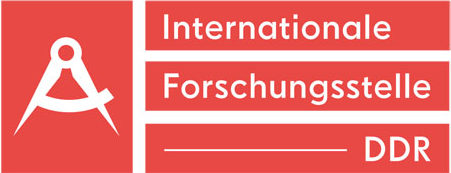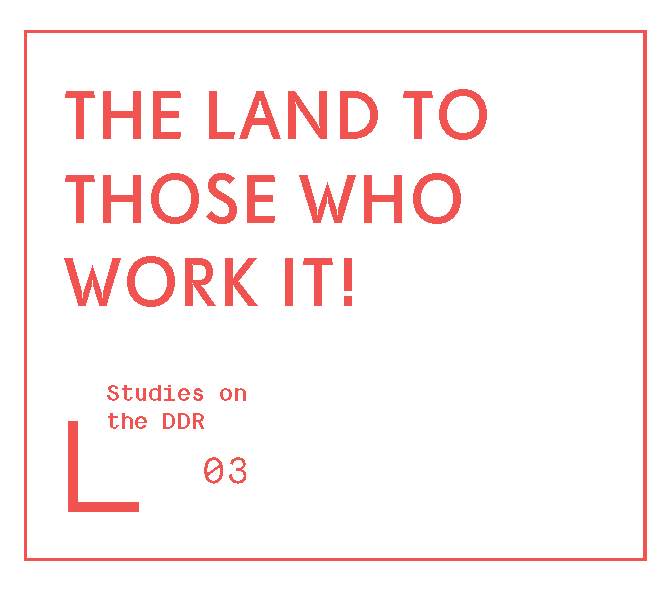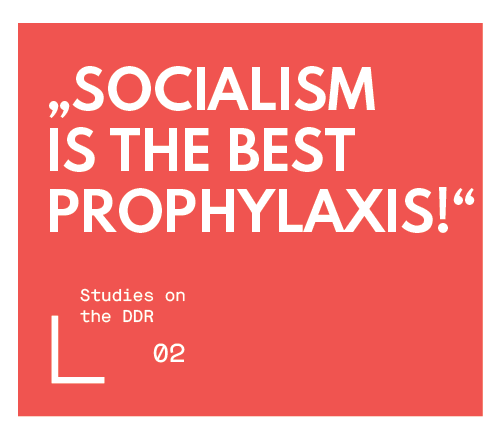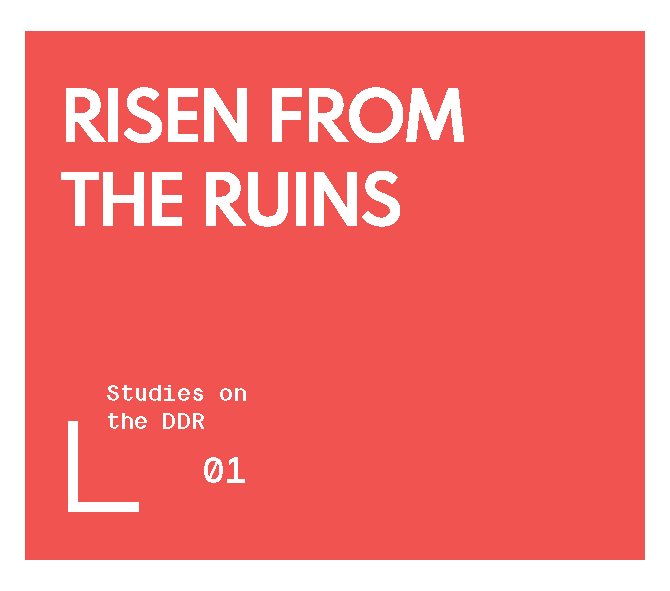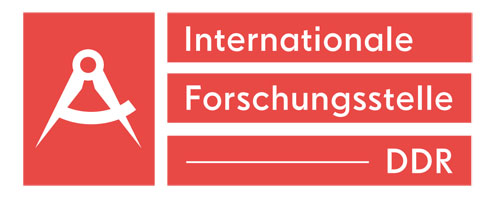STUDIES ON THE DDR
Why bother re-examining the DDR’s achievements, principles, and structures thirty years after its downfall? What can we learn from the DDR’s alternative economic practices in today’s world, where the triumph of capitalism has exacerbated the problems of inequality and poverty and has resulted in more frequent crises? What did socialist democracy really look like? What contradictions arose from the everyday application of a planned economy? What lessons can we draw from the DDR’s ultimate failure?
With this series Studies on the DDR, the Internationale Forschungsstelle DDR (International Research Centre DDR) together with Tricontinental: Institute for Social Research seek to encourage a new engagement with the history and principles of the DDR. It is our goal to re-evaluate the legacy and experiences of this socialist state.
This educational series on the socialist agenda and realities of the DDR explores aspects of everyday life, provides facts about the country’s social achievements, and examines the political and economic foundations of this socialist state. By reflecting on the lived experiences of daily life, which are generally left out of the dominant narrative due to the crushing victory of capitalism and the dominance of the market economy, we hope to make a useful contribution to the debate currently taking place within progressive movements. After
all, millions of people around the world are still fighting for advancements that were once a given in this socialist system but were lost with its downfall.
